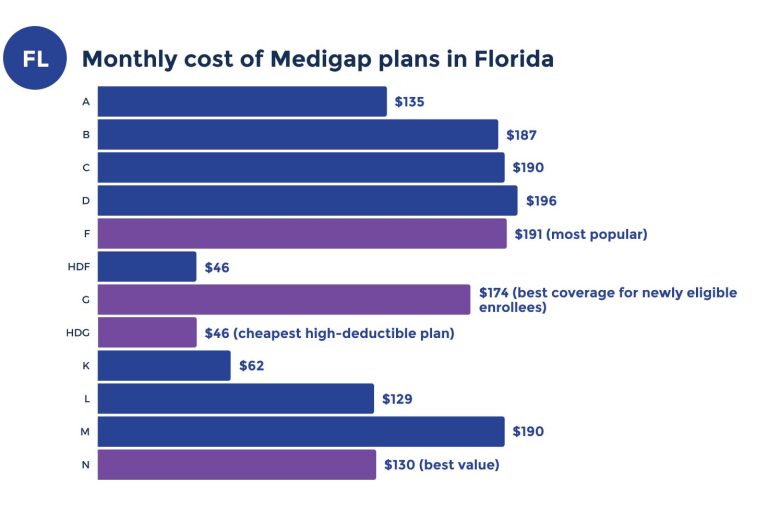Understanding the Importance of Business Insurance
As a business owner, safeguarding your assets and employees is paramount. Two crucial insurance policies that often get overlooked are workers’ comp and general liability insurance. While they serve distinct purposes, both are essential for the financial well-being and legal protection of your business. This article will delve into the specifics of each policy, the key differences, and how to determine the right coverage for your business.
Contents
Workers’ Compensation Insurance: Protecting Your Workforce
Workers’ compensation insurance, often called workers’ comp, is designed to protect both employees and employers in the event of a work-related injury or illness. It provides benefits to employees for medical expenses, lost wages, and rehabilitation costs.
Key Aspects of Workers’ Comp Insurance:
- Medical Benefits: Covers all medical expenses related to the work-related injury or illness.
- Wage Replacement: Provides a portion of the employee’s lost wages during recovery.
- Disability Benefits: Compensates for permanent or temporary disabilities resulting from the work injury.
- Death Benefits: Provides financial support to the employee’s family in the unfortunate event of a fatality.
Who Needs Workers’ Comp Insurance?

In most states, workers’ comp insurance is mandatory for businesses with employees. Even if you only have one employee, it’s crucial to have this coverage to protect your business from potential lawsuits and financial burdens.
General Liability Insurance: Shielding Your Business from Third-Party Claims
General liability insurance protects your business from claims of bodily injury, property damage, or personal and advertising injury caused to third parties. These third parties could be customers, clients, vendors, or even passersby.
Coverage Under General Liability Insurance:
- Bodily Injury: Covers medical expenses, legal fees, and settlements for injuries caused to others due to your business operations.
- Property Damage: Pays for repairs or replacement of damaged property belonging to others.
- Personal and Advertising Injury: Protects against claims of libel, slander, copyright infringement, and other forms of defamation.
Benefits of Having General Liability Insurance:
- Financial Protection: Covers the costs of legal defense and settlements, preventing your business from facing significant financial losses.
- Reputation Management: Helps protect your business’s reputation by demonstrating your commitment to responsible business practices.
- Contractual Requirements: Many clients and vendors require proof of general liability insurance before doing business with you.
Workers’ Comp vs. General Liability Insurance: Key Differences
| Feature | Workers’ Comp Insurance | General Liability Insurance |
|---|---|---|
| Who is Protected | Employees | Third Parties (Customers, etc.) |
| What is Covered | Work-Related Injuries/Illnesses | Injuries/Damages Caused to Others |
| Benefits | Medical, Wage Replacement, etc. | Legal Defense, Settlements |
| Requirement | Mandatory in Most States | Often Required by Contracts |
Choosing the Right Coverage for Your Business
The appropriate workers’ comp and general liability insurance coverage for your business depends on several factors, including:
- Industry: High-risk industries may require higher coverage limits.
- Number of Employees: The more employees you have, the greater your potential risk and need for insurance.
- Location: Some states have specific requirements for insurance coverage.
- Business Operations: The nature of your business activities can influence your risk profile.
It’s best to consult with an insurance professional to assess your specific needs and determine the optimal coverage limits and policy terms for your business.
Conclusion
Investing in workers’ comp and general liability insurance is a wise decision for any business owner. These policies offer crucial protection for your employees, your business assets, and your financial well-being. By understanding the distinctions between these two types of insurance and choosing the right coverage, you can ensure that your business is prepared for the unexpected and can continue to thrive in the face of potential risks.






